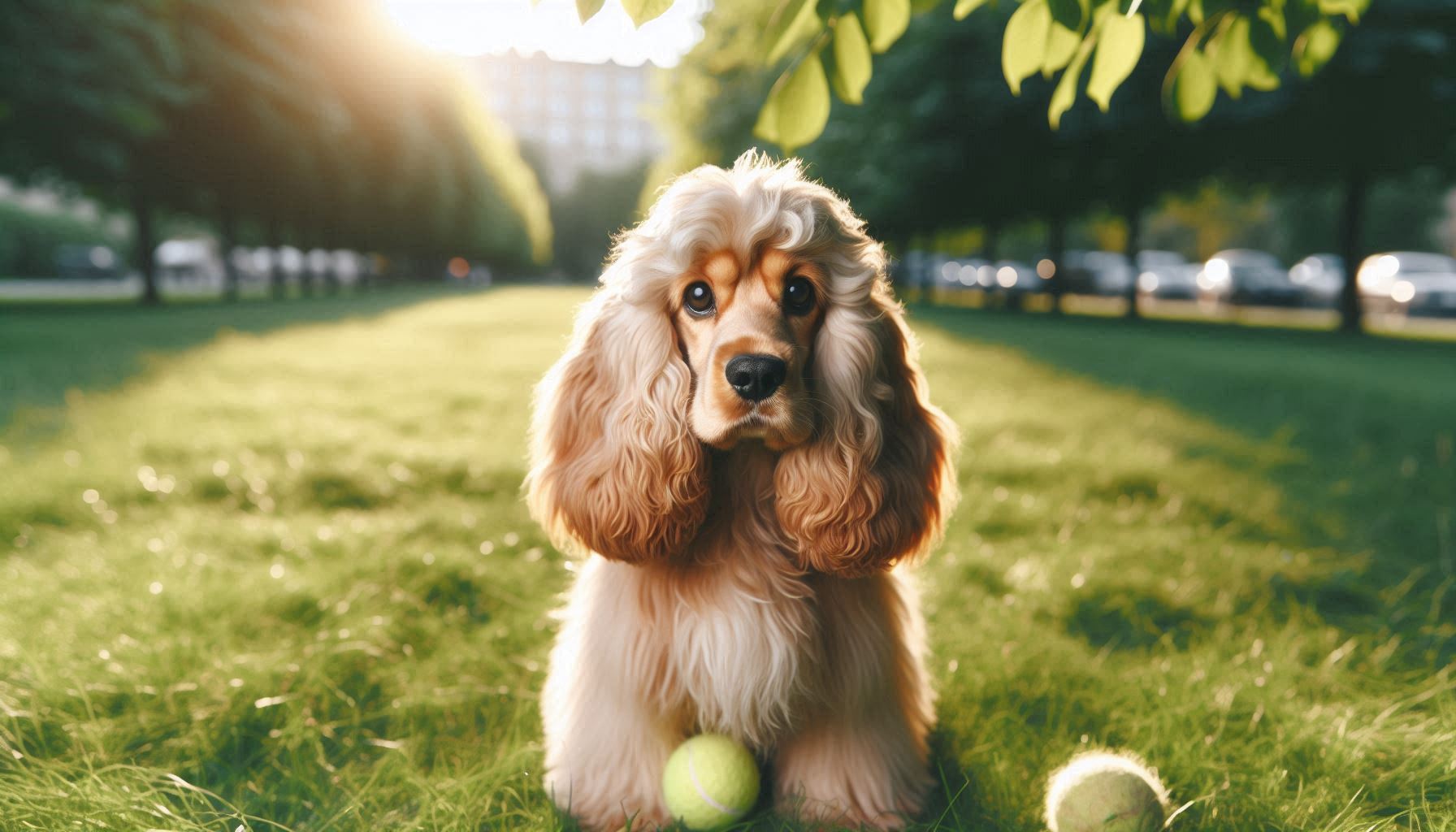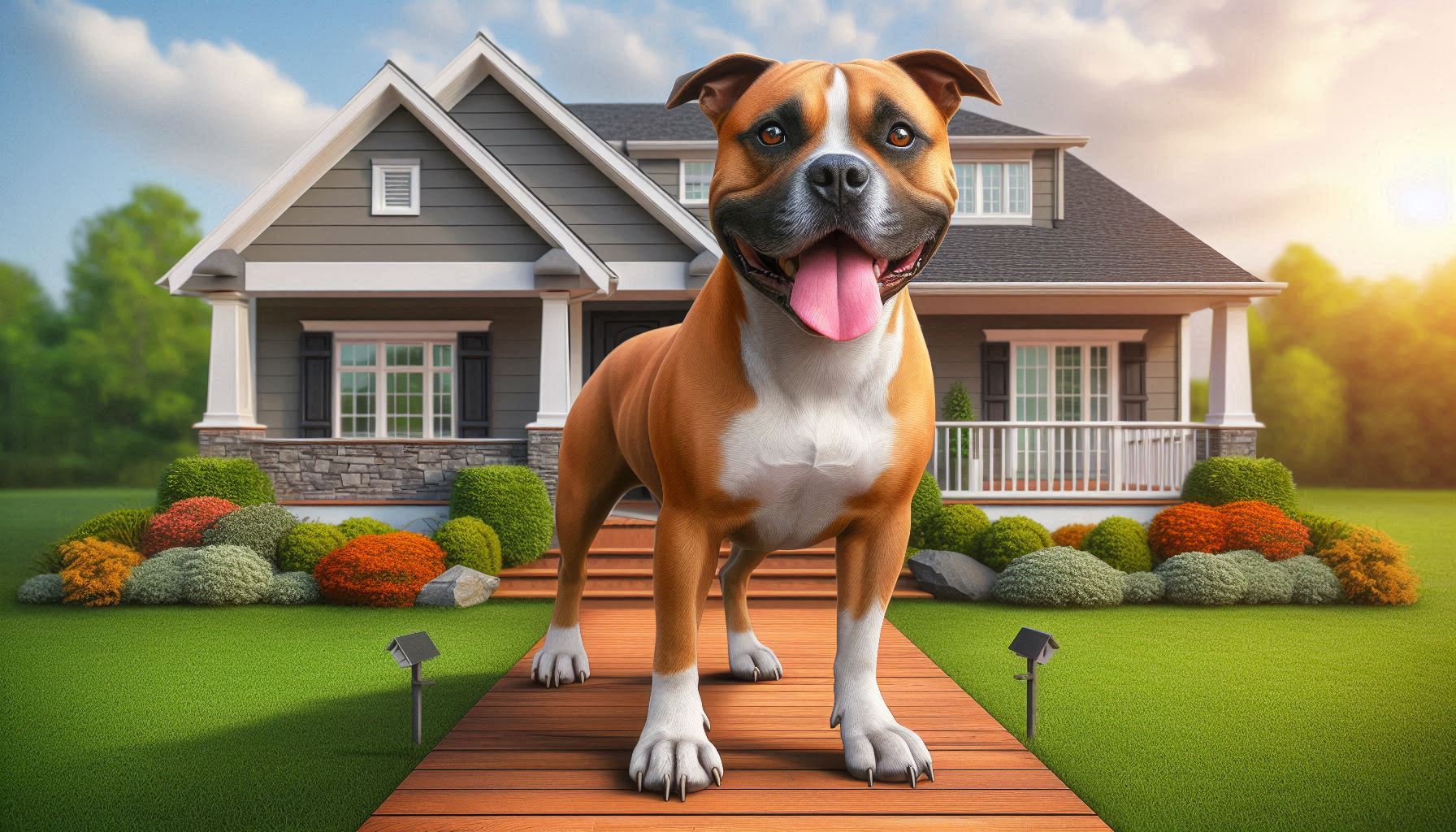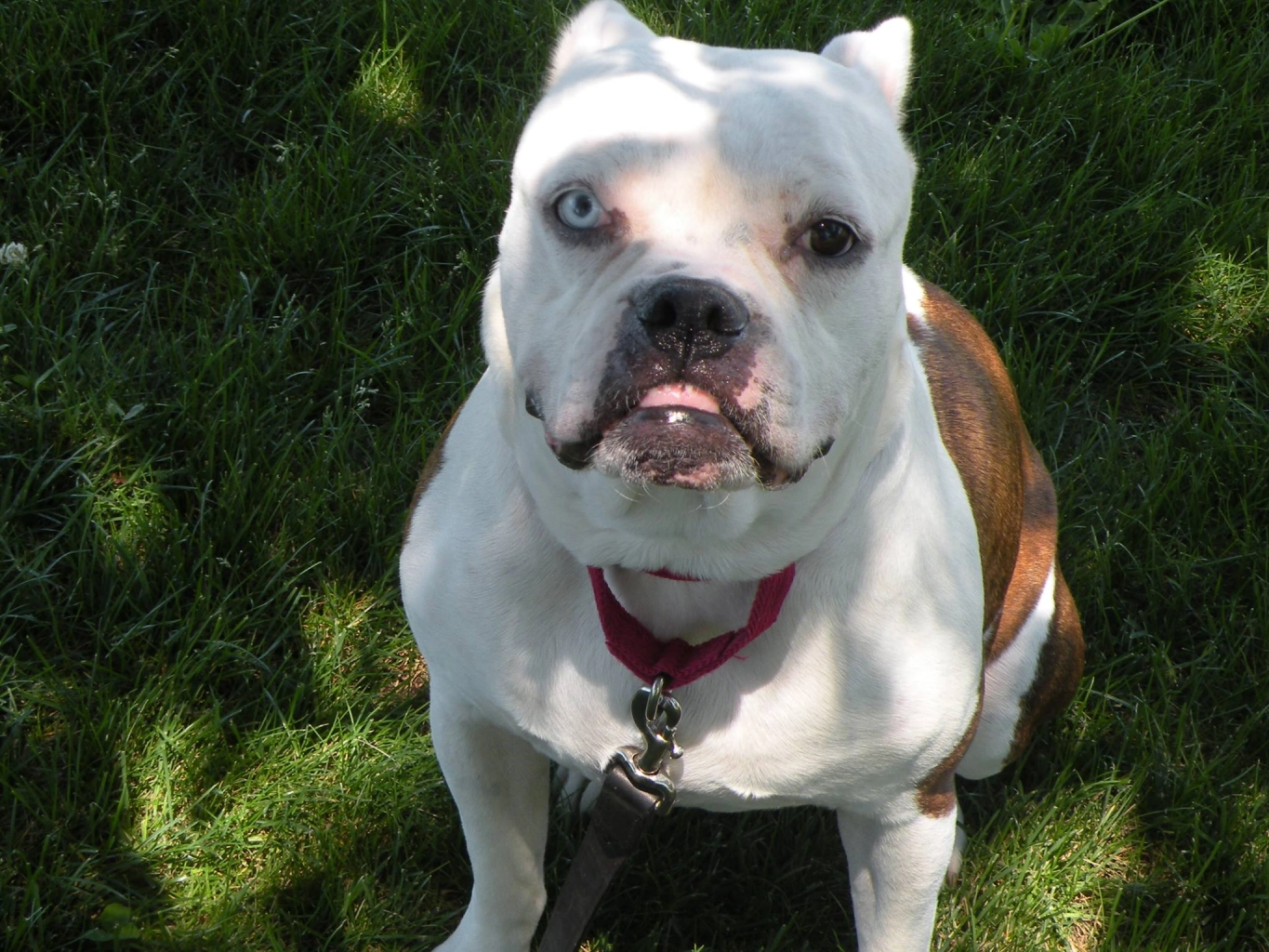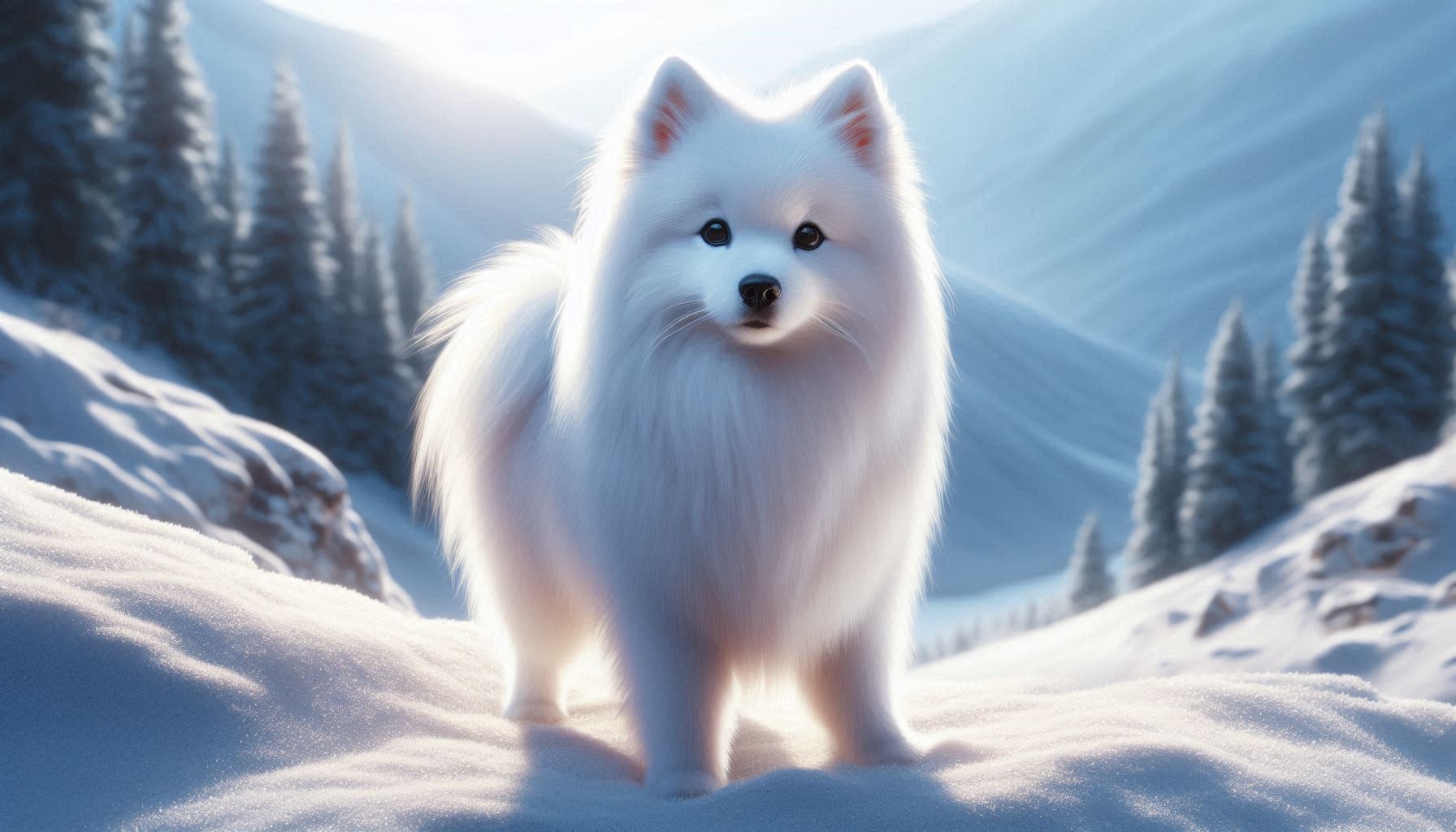Table of Contents
Shorkie Dog Breed
The Shorkie dog breed, a delightful mix of the Shih Tzu and the Yorkshire Terrier, is capturing hearts across the globe. These tiny yet spirited dogs are known for their endearing personalities, adorable appearances, and unwavering loyalty. Popular among dog owners for their compact size and affectionate nature, Shorkies are often the perfect companions for families, singles, and seniors alike. But what makes the Shorkie so special? Let’s dive into the world of this charming breed.
History and Origin

The Shorkie is a relatively new hybrid breed, emerging during the designer dog trend that took off in the late 20th and early 21st centuries. While there isn’t an extensive historical record for the Shorkie itself, understanding the origins of its parent breeds sheds light on its background.
Shih Tzu
The Shih Tzu hails from ancient China and Tibet, where they were bred as companion animals for royalty. Their name, which means “lion dog,” reflects their intended resemblance to the majestic lion. Shih Tzus were cherished for their affectionate and loyal nature.
Yorkshire Terrier
The Yorkshire Terrier, or Yorkie, originated in England during the 19th century. Originally bred to catch rats in clothing mills, Yorkies quickly transitioned to being fashionable companions due to their charming appearance and vibrant personalities.
Crossbreeding the Shih Tzu and the Yorkshire Terrier aimed to combine the best traits of both breeds, resulting in the Shorkie – a dog that offers the loyalty and affection of the Shih Tzu with the spunky, energetic nature of the Yorkie.
Physical Characteristics

Size
Shorkies are small dogs, typically weighing between 7 to 15 pounds and standing about 6 to 14 inches tall at the shoulder. Despite their petite stature, they have a robust and compact build.
Coat Type and Colors
One of the most appealing aspects of the Shorkie is its coat, which is usually long, silky, and hypoallergenic – making it a great choice for people with allergies. Their fur can come in a variety of colors, including black, brown, gold, white, or a combination thereof. The coat’s texture can range from straight like the Yorkie’s to slightly wavy like the Shih Tzu’s.
Distinctive Features
Shorkies often have expressive, dark eyes and a black nose. Their ears can be erect like the Yorkie’s or floppy like the Shih Tzu’s, adding to their unique and adorable appearance.
Temperament and Personality
Shorkies are known for their lively, loving, and loyal nature. They thrive on human companionship and are notorious for their eagerness to please. Here are some key aspects of their temperament:
Interaction with People
Shorkies form strong bonds with their families and are particularly affectionate with their owners. They enjoy being involved in family activities and are known to be excellent lap dogs. Their loving nature makes them great companions for both children and adults.
Interaction with Children
Shorkies are generally good with children, especially when properly socialized from a young age. However, due to their small size, it’s essential to supervise interactions with very young children to prevent accidental injuries.
Interaction with Other Animals
With proper socialization, Shorkies can get along well with other pets, including dogs and cats. Their playful and friendly nature often makes them a hit at dog parks and in multi-pet households.
Health and Lifespan
Like all breeds, Shorkies are prone to certain health issues, but with proper care, they can lead long, healthy lives.
Common Health Issues
- Dental Problems: Shorkies can be susceptible to dental issues, including gum disease and tooth decay. Regular dental check-ups and proper oral hygiene are essential.
- Respiratory Issues: Due to their small size and the potential for a flat face (from the Shih Tzu parent), some Shorkies may experience breathing difficulties.
- Patellar Luxation: This condition, where the kneecap dislocates, is common in small breeds and can affect Shorkies.
Average Lifespan
The average lifespan of a Shorkie is between 12 to 15 years. Ensuring regular veterinary check-ups, a balanced diet, and proper exercise can contribute to a longer, healthier life.
Tips for Keeping Your Shorkie Healthy
- Regular vet visits for check-ups and vaccinations.
- Dental care, including brushing teeth and providing dental chews.
- A balanced diet tailored to their size and energy levels.
- Regular grooming to maintain their coat and skin health.
Care and Grooming

Grooming Needs
Shorkies require regular grooming due to their long, silky coat. This includes:
- Brushing: Daily brushing to prevent matting and tangling.
- Bathing: A bath every few weeks using a mild dog shampoo.
- Haircuts: Professional grooming every 6-8 weeks to maintain their coat.
- Nail Trimming: Regular trimming to avoid overgrown nails.
Exercise Requirements
Shorkies are moderately active and enjoy daily walks and playtime. Despite their small size, they have a lot of energy and benefit from regular exercise to keep them healthy and happy.
Dietary Recommendations
A high-quality, balanced diet is crucial for a Shorkie’s health. Look for dog food formulated for small breeds, ensuring it meets their nutritional needs. Consult your vet for personalized dietary advice based on your Shorkie’s age, weight, and health status.
Training and Socialization
Training
Shorkies are intelligent and eager to please, making them relatively easy to train. Positive reinforcement techniques, such as treats and praise, work best. Consistency and patience are key.
Challenges
- Stubbornness: Some Shorkies may inherit a stubborn streak from their Shih Tzu parent, necessitating consistent and firm training.
- Housebreaking: Due to their small bladder, housebreaking can be a bit challenging but is manageable with patience and routine.
Socialization
Early socialization is crucial for Shorkies. Expose them to different people, places, and other animals to ensure they grow up to be well-rounded adults. Puppy classes can be a great way for them to learn social skills.
Suitability as a Family Pet

Shorkies are well-suited to a variety of living environments, from apartments to larger homes. They are adaptable and can thrive in different settings as long as they receive enough attention and exercise.
Living Environment
- Apartments: Shorkies can adapt well to apartment living due to their small size, but they still need regular walks.
- Houses: A house with a yard is ideal but not necessary. They enjoy having space to play but are equally happy indoors with sufficient exercise.
Energy Levels
Shorkies have moderate energy levels. They enjoy playtime and walks but are also content to snuggle on the couch. This balanced energy makes them a good fit for various lifestyles.
Fun Facts and Trivia
- Designer Dog Trend: Shorkies are part of the growing trend of designer dogs, aimed at combining the best traits of two breeds.
- Hypoallergenic: Shorkies are often considered hypoallergenic due to their low-shedding coats, making them a good option for allergy sufferers.
- Celebrity Owners: Some celebrities have been known to own Shorkies, adding to their popularity.
Dog Breeds Similar to Shorkie Dog



1. Morkie (Maltese x Yorkshire Terrier)
Morkies are similar to Shorkies in size and temperament. They are affectionate, energetic, and have a long, silky coat that requires regular grooming. Morkies are also known for their loyalty and make excellent companion dogs.
2. Yorkipoo (Yorkshire Terrier x Poodle)
Another small, hypoallergenic breed, the Yorkipoo combines the intelligence of the Poodle with the spirited nature of the Yorkie. They are playful, friendly, and adapt well to various living environments.
3. Malshi (Maltese x Shih Tzu)
Malshis share the Shorkie’s affectionate and loyal nature. They are small, with a similar coat that needs regular grooming. Malshis are known for their friendly, outgoing personality and get along well with children and other pets.
Conclusion
The Shorkie is a delightful dog breed that combines the best traits of its parent breeds – the Shih Tzu and the Yorkshire Terrier. With their loving nature, adorable appearance, and adaptability, Shorkies make excellent companions for a variety of households. Whether you live in an apartment or a house, have children or other pets, a Shorkie can fit seamlessly into your life. If you’re looking for a loyal, affectionate, and playful companion, the Shorkie might be the perfect pet for you.
FAQ
Is the Shorkie a dangerous dog?
No, Shorkies are not dangerous. They are known for their friendly and affectionate nature. However, like all dogs, they should be socialized and trained properly to ensure they are well-behaved.
Is the Shorkie the best guard dog to protect you or your family?
Shorkies are not typically known for their guarding abilities. While they may bark to alert you of strangers, their small size and friendly disposition make them more suited as companion animals rather than guard dogs.



